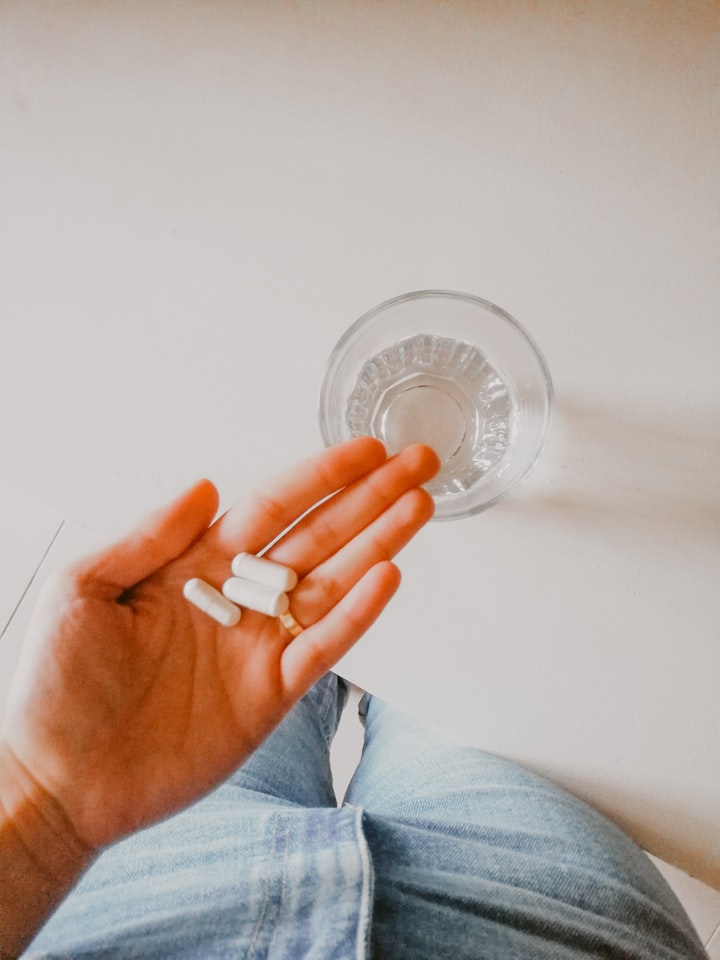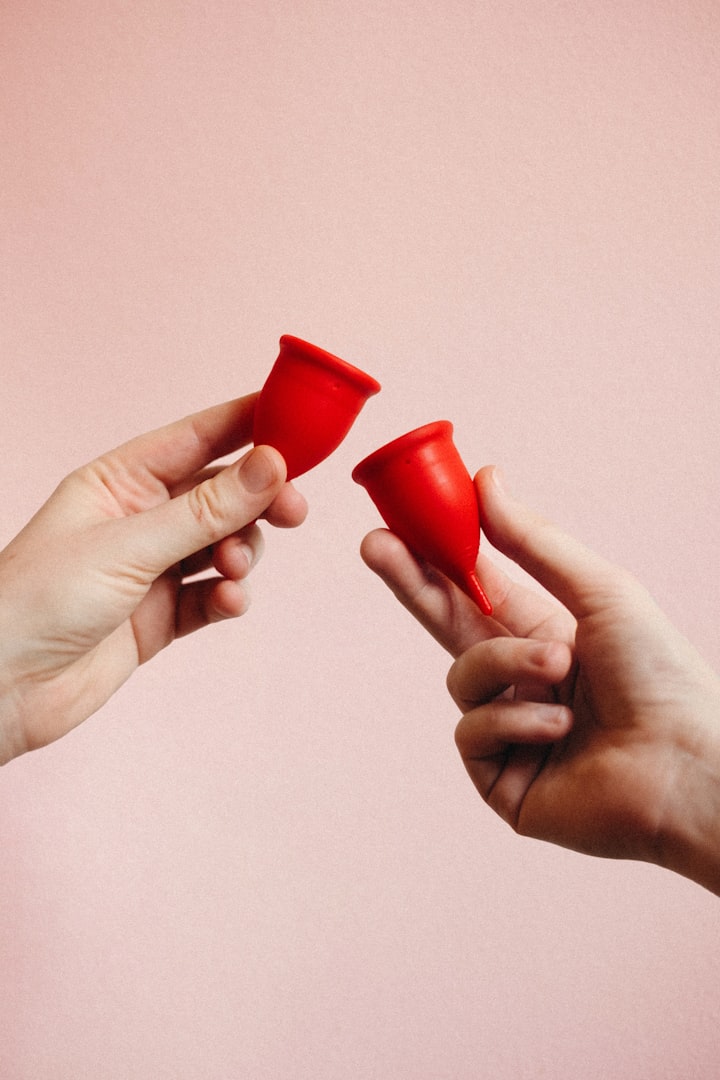Why Supplements Aren't As Important
Diet culture would have you thinking otherwise!

It’s that time of year again, folks… we’re probably already seeing the ads for vitamins and powders and programs to either finish this year or start the next.
And I’ll be really frank with you. In my work (up to this point at least) as a Registered Dietitian, I have yet to see a client who can subsist on these products for any significant length of time. Not to mention, the overall nutrient density and microbiome-supporting capacity is pretty limited. You all know where I stand on the programs front too – we don’t do diets here!
So let’s get honest – here are the 5 reasons why supplements aren’t nearly as important as the wellness world wants you to think.
1. Supplements don’t replace food. Sorry, someone had to say it. You can’t possibly tell me that someone taking a whey protein powder contains the same macronutrient balance (and emotional equivalent) as regular ol’ food. Supplements are meant to do just as their name indicates – supplement. Meal replacement shakes aren’t even very well balanced!
The human body requires much more than just a source of protein, carbs and fats, and each little nutrient we might get from a supplement. The body best uses these things in combination with one another, and not to mention the joy we get from eating real food. Our brains literally light up with positive cues when we eat, giving us the motivation to continue fuelling and surviving past the caveman stage.
2. Supplements can’t be used effectively if overall energy intake is poor. When the body is receiving inadequate energy from our diet (traditionally called calories – which are just a unit of energy in the same way a volt is a unit of electricity), it can’t use your vitamin C pill to do things that vitamin C does. The body has to find a way to turn that vitamin C pill into some form of energy, and it is most often pretty poor when it does.
In order for the body to function optimally, it needs a balanced combination of energy and nutrients, without deficiency in either department. Keep this in mind the next time someone tries to promo their calorie deficit and potions to you – while they might have short-term weight results, the health results long-term are much less likely to be positive (and I don’t think I’m partial to having to fix the nutrients I could have just gathered from food sources).
3. Supplements are potentially unregulated, and you can often buy them without a prescription. There are some supplements you need a script for – high dose iron, some forms of folic acid when taking some medications and even vitamin D for osteoporosis treatment. These supplements have a little more backing to them in terms of safety, but they still don’t replace food sources.
Other supplements run a high risk of not being regulated, which is why you will often see warnings about the FDA and Health Canada. While products typically can’t hit the market without some form of safety testing, they don’t necessarily have to undergoing any sort of trials around dosing and effectiveness. A supplement essentially just needs to not be dangerous to take, but how much you’re getting from it might not be consistent across the board or across the shelf.
Some products with the same nutrients and from the same brand might actually contain more or less than what is listed on the label. Depending on why you’re taking a supplement, you might be taking too much or not enough, with varying consequences to these.
4. Supplements are expensive (and inaccessible as a result). To take the supplements that Jane Doe on her influencer page is promoting, you might be sacrificing more important fees in life, like rent, groceries, and health care spending. And considering the above factors, you’re paying into something that will potentially be unhelpful or will turn into expensive urine.
On top of this, relying solely on supplements is unavailable to many folks who are dispossessed or reliant on community services to survive. Promoting supplementation to these individuals ignores the very reality of how important adequate housing, access to affordable food, education, universal health care and more have to health status. It’s estimated that only 36% of our health is attributed to personal choices and decisions, with the rest coming from genetics and environmental factors – don’t you think supplements are a bit of a farce in the big picture?
5. Supplements don’t address lifestyle factors that need extra work. You can take all the melatonin you want, but if you’re not going to bed at a reasonable time or spending the majority of your evening on a screen, you’re not getting the benefit of it anyway. Just like “metabolism boosters” – if you’re not eating enough during the day, it’s not going to matter how much cayenne pepper you take. Your metabolism cannot work without fuel added to it.
It’s really easy to put our focus into supplements in these areas, we feel like we’re more motivated! However, the things we do short-term don’t guarantee the maintenance of our habits long-term, and realizing this can just downright suck. It might be worth checking in for yourself – what is it about making changes that is so difficult for you? What impacts your desire to change? What messages do you tell yourself about how you care for your body?
Long story short, supplements are not the key or answer to a healthy life. There’s many other factors that impact how our bodies thrive, and many of them don’t need a significant amount of coin to do, like getting enough sleep and setting boundaries with friends and family.
And if you’re finishing this article thinking you’re completely lost, I hear you. Time to hire a pro! You can learn more about my work at sayyestonourish.com.
About the Creator
Emily the Period RD
I help people with periods navigate menstrual health education & wellness with a healthy serving of sass (and not an ounce of nutrition pseudoscience).






Comments
There are no comments for this story
Be the first to respond and start the conversation.